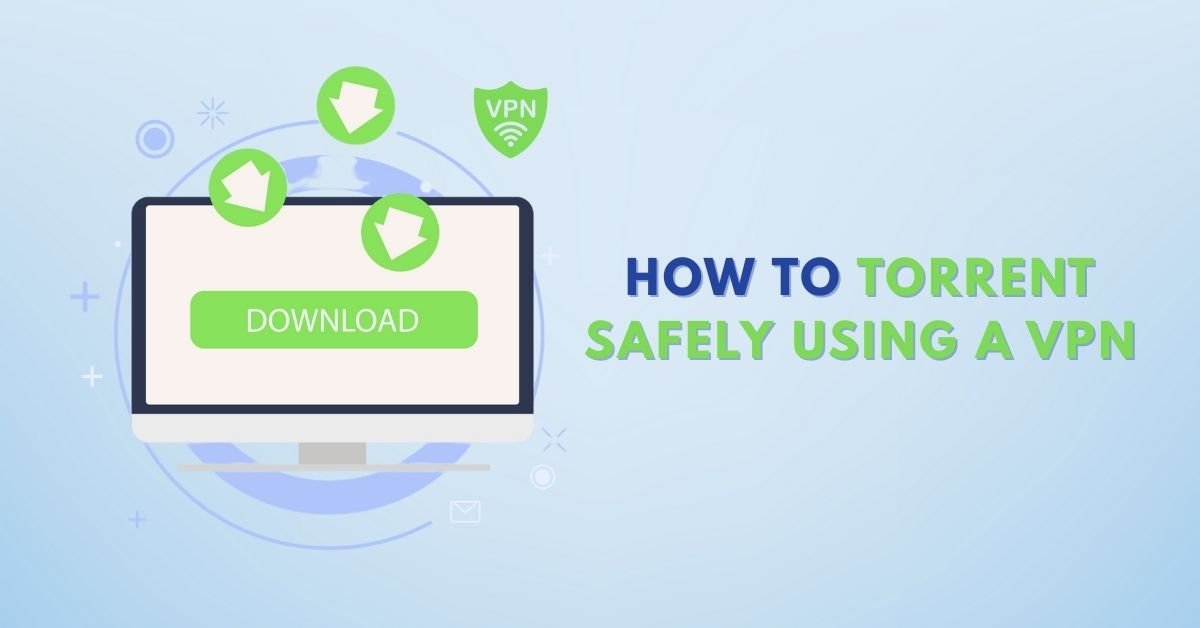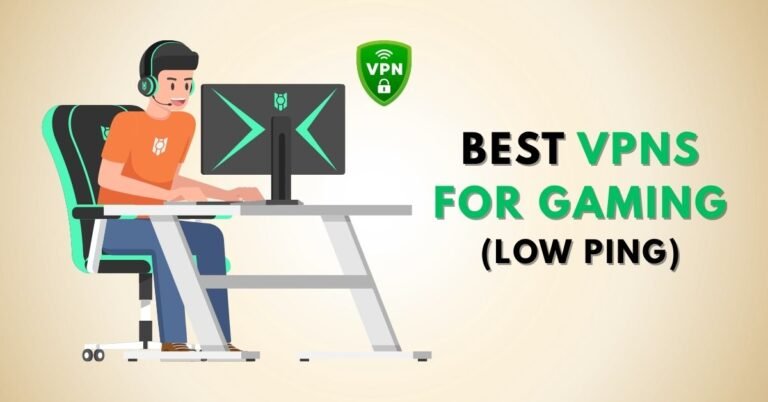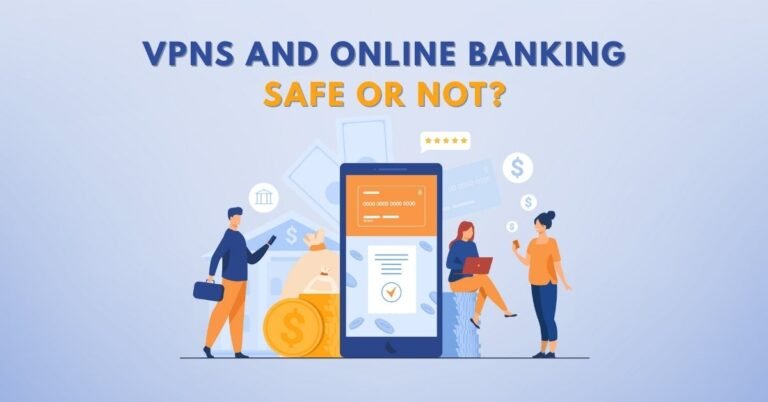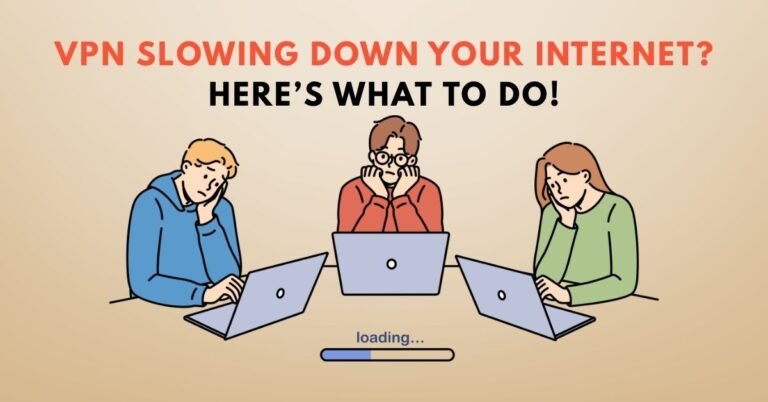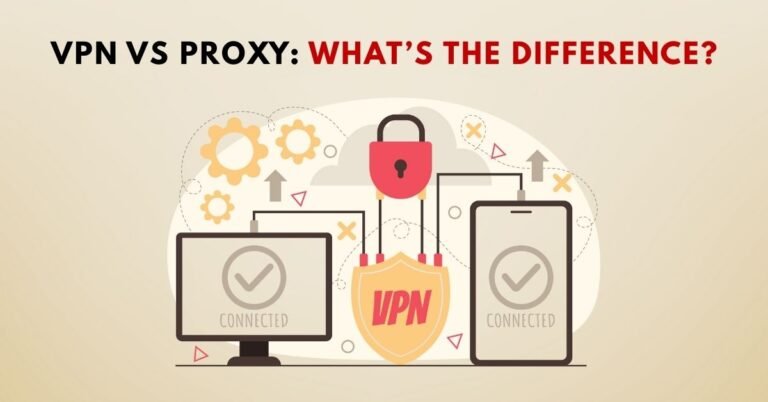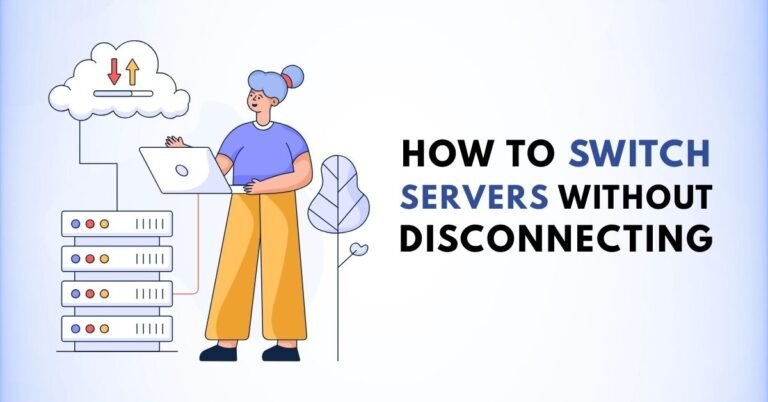Introduction
Torrenting remains one of the most efficient ways to share large files—but it comes with security and privacy risks. Whether you’re downloading open‑license media, Linux ISOs, or collaborating on large datasets, using a VPN is essential for staying anonymous and protected online. In this guide, VPN AdWiser walks you through everything you need to torrent safely using a VPN—from choosing a reliable provider to configuring settings and avoiding potential pitfalls.
Why Use a VPN for Torrenting?
- Prevent ISP monitoring and avoid throttling
- Hide your IP from peers and anti‑piracy organizations
- Encrypt 100% of torrent traffic using AES‑256 or WireGuard
- Avoid exposing your real IP if your torrent client leaks or disconnects
Risks When Torrenting Without a VPN
- Copyright infringement notices or legal action
- ISP throttling or suspensions
- Exposure of your IP to strangers sharing the same torrent
- Malware embedded in torrent files and risk of system compromise
What to Look for in a Torrent‑Safe VPN
Strict no‑logs policy & independent audits
Opt for providers with verified audits and Panama or Gibraltar‑based jurisdictions (e.g. NordVPN)
Torrent/P2P‑friendly servers
Some VPNs offer specialized P2P servers (e.g. NordVPN, ExpressVPN, Surfshark)
Strong encryption & modern protocols
WireGuard or proprietary protocols (NordLynx, Lightway); AES‑256 recommended polymer encryption
Kill switch & leak protection
Must include IPv4/IPv6, DNS, and WebRTC leak protection by default
Unlimited bandwidth & fast speeds
Torrenting uses large data—avoid VPNs with caps or slow throughput
Port forwarding & customization (advanced users)
PIA supports port forwarding; NordVPN does not, but binding to network interfaces works fine
Best VPNs for Torrenting in 2025
- ExpressVPN – consistent P2P support on all servers, easy interface, audited no‑logs policy
- NordVPN – top speed via NordLynx, advanced privacy features (Threat Protection, Double VPN etc.)
- Surfshark – budget-friendly, unlimited devices, solid P2P across all servers
- Private Internet Access (PIA) – affordable, audited no‑logs policy, port‑forwarding support
- Proton VPN – privacy‑first, open‑source, Secure Core, though speed sometimes slower
Step‑by‑Step Guide: Torrenting Safely with a VPN
Step 1 – Choose and Install Your VPN
Select one from the list above. Sign up, install the app for your OS/device, and log in.
Step 2 – Pick a P2P‑ready server
Prefer VPN clients with P2P‑labelled servers (e.g. NordVPN allows choosing P2P server manually)
Step 3 – Enable encryption and leak protections
Turn on AES‑256 (if adjustable), leak protection, kill switch, and WebRTC/DNS safeguards in settings
Step 4 – Use a trusted torrent client
Choose clients like qBittorrent or Transmission (ad‑free, open‑source)
Step 5 – (Optional) Bind your torrent client to VPN interface
For advanced safety, bind qBittorrent so it only runs through VPN—if the VPN drops, torrent traffic stops
Step 6 – Download from reputable torrent sources
Use trustworthy/torrents for open‑license or verified content. Avoid shady or pirated files.
Step 7 – Monitor performance & leak tests
Use tools like DNSLeakTest.com or WebRTC leak tests occasionally to confirm no IP leaks.

Tips to Optimize Torrent Speed & Security
- Connect to a server geographically close to you for lower latency
- Use WireGuard (e.g. NordLynx, Surfshark Lightway) for faster throughput
- Enable DHT and Peer Exchange in qBittorrent (if applicable) Security.orgreddit.com
- Limit upload speeds modestly to avoid ISP suspicion and maintain ratio sharing

Common Pitfalls & How to Avoid Them
- Not enabling kill switch → risk of exposing your real IP
- Using a VPN with bandwidth caps or with no P2P support
- Choosing poor torrent clients that lack encryption or leak protections
- Downloading torrents without antivirus or scanning first

Real‑World Advice from Users
A Reddit user notes:
“Enable DHT and Peer Exchange… disable qBittorrent built‑in encryption if using a VPN since it reduces available peers”
This reflects real‑user wisdom: trusting the VPN’s encryption and optimizing client settings yields better speeds.
FAQ
Q1: Is torrenting with a VPN 100% safe?
A: No tool guarantees absolute safety—VPNs significantly reduce risk by hiding your IP and encrypting traffic, but scanning for malware and using reputable torrent sources is still required.
Q2: Can I still get DMCA or legal notices?
A: If your VPN has a strict no‑logs policy, they can’t link activity to your IP—legally they can only trace the VPN server’s IP, not your identity.
Q3: Is using a free VPN safe for torrenting?
A: Generally not. Free VPNs often limit bandwidth, log your traffic, or lack P2P support, making them unsuitable for secure torrenting.
Q4: Do I need to use a special torrent client?
A: Use open‑source and ad‑free clients like qBittorrent or Transmission—they offer better privacy and flexibility than ad‑supported clients.
Q5: Can I torrent on mobile with a VPN?
A: Yes—most major VPNs support Android/iOS. Enable kill switch or equivalent, choose P2P servers (if supported), and use a mobile torrent client with caution.
Q6: Should I use port forwarding?
A: Port forwarding can improve speeds and seed ratios, especially on PIA. But it’s not strictly required if using a VPN with strong speeds and many peers.
Conclusion
Torrenting can be safe, legal, and effective—but only if you take precautions. Using a reliable torrent‑friendly VPN, enabling strong encryption and leak protection, configuring your torrent client wisely, and sticking to trusted sources goes a long way toward protecting your privacy. At VPN AdWiser, we recommend NordVPN, ExpressVPN, Surfshark, and PIA as trustworthy choices in 2025.
Want to explore in‑depth VPN comparisons, speed tests, or configurations for streaming and torrenting? Browse our guides and reviews at VPNAdwiser.com.

